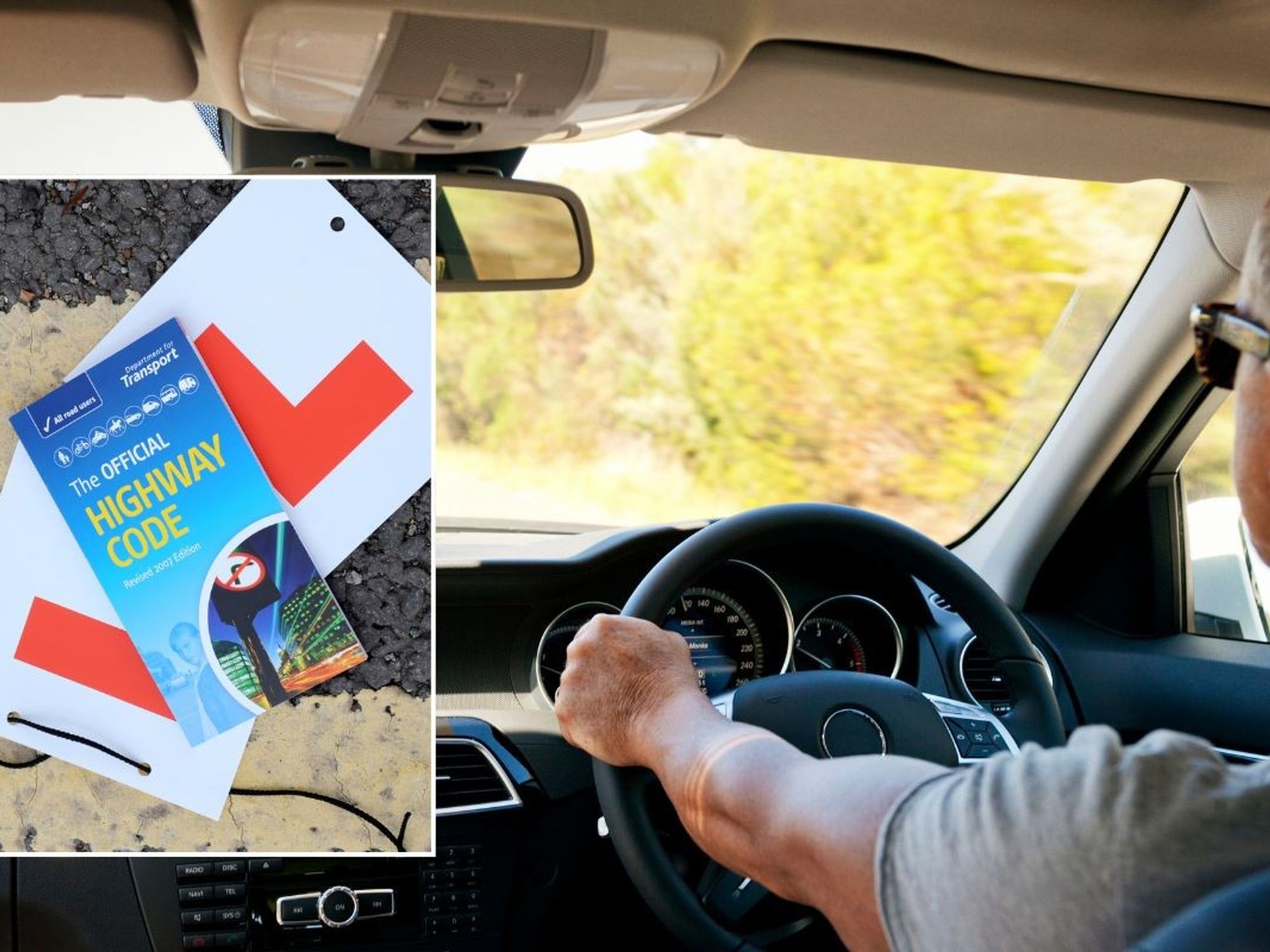WATCH: Danny Kelly hits out at ZEV mandate - 'It’s bad for the consumer!'
GB NEWS
From next week, the DVSA will introduce a set of tougher terms and conditions for its services
Don't Miss
Most Read
Trending on GB News
Britons are being warned of new driving law changes being introduced within the coming weeks which could have a dramatic impact on motoring policies.
As drivers prepare for 2025, a number of driving law changes have already been confirmed to launch in January, including new electric vehicle targets, driving test guidance and more.
With the new rules being introduced over the next few weeks, GB News has rounded up the most important driving law changes in January 2025 that could impact you.
Do you have a story you'd like to share? Get in touch by emailingmotoring@gbnews.uk
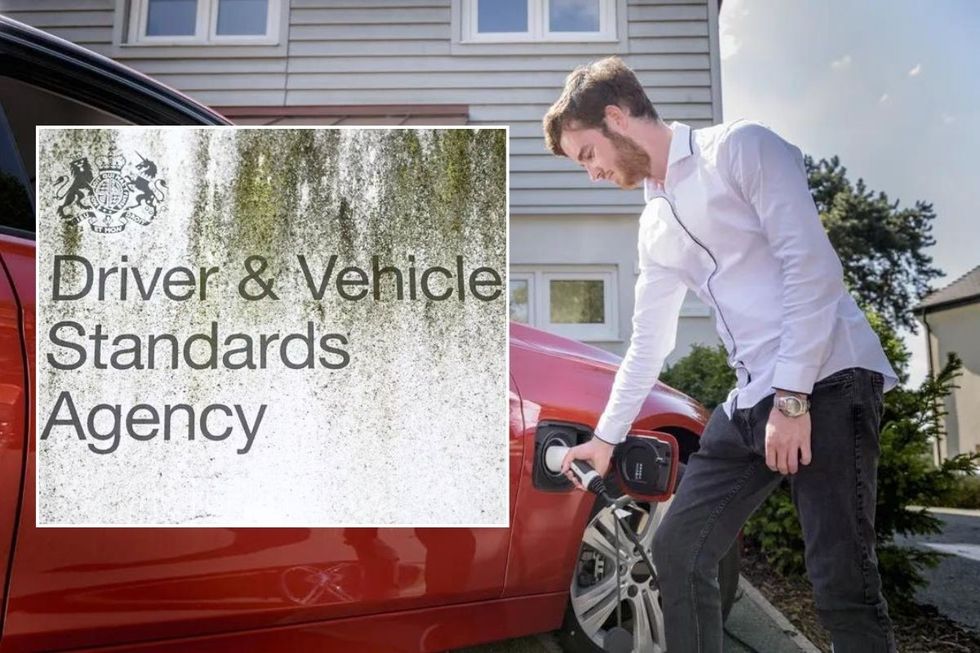
Drivers are bracing themselves for a number of new driving law changes in January 2025
GETTY
ZEV mandate
The Zero Emission Vehicle (ZEV) mandate was formally unveiled on January 1, 2024, with manufacturers required to have a minimum percentage of sales come from electric vehicles.
This was launched under the previous Conservative Government in a bid to boost the uptake of electric vehicles and force down the price of new models for motorists.
In the first year of operation, manufacturers were required to meet a 22 per cent threshold for new zero emission vehicles, or they could face hefty fines of up to £15,000 per polluting vehicle sold over the limit.
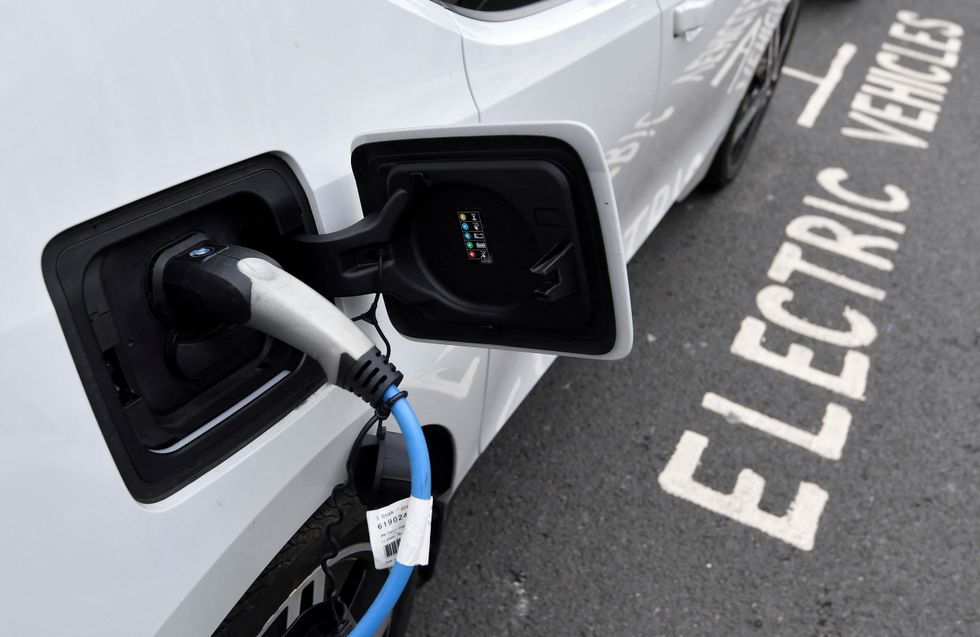
By the end of 2024, manufacturers need to have 22 per cent of sales come from zero emission vehicles
REUTERSWith the new year, manufacturers will be looking to build on their sales of electric vehicles from 2024 and meet the 2025 target of 28 per cent for cars and 16 per cent for vans.
These targets will continue to increase year-on-year before reaching 80 per cent of new cars and 70 per cent of new vans by the end of 2030.
A recent consultation looks to establish the future of the ZEV mandate and how it can work alongside the Government's aim of banning the sale of new petrol and diesel vehicles by 2030.
While there were hopes that all petrol and diesel car sales would be banned by the end of the decade, the consultation could allow for the sale of plug-in hybrids until 2035.
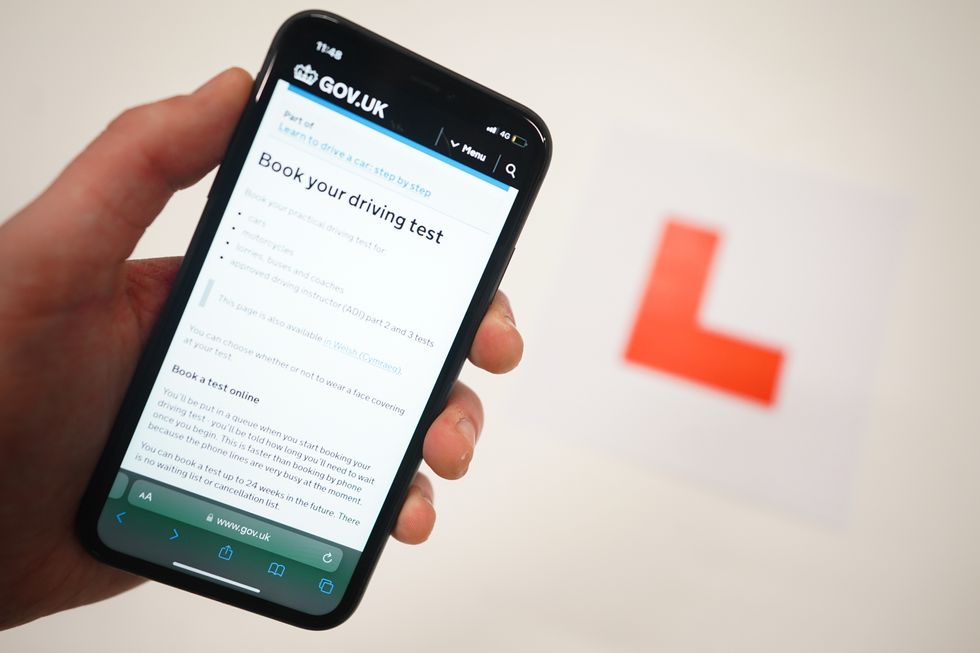
The DVSA is aiming to reduce waiting times for new driving tests
PADVSA
In a bid to improve access to new driving tests, the Driver and Vehicle Standards Agency (DVSA), alongside Minister for the Future of Roads Lilian Greenwood, unveiled a seven-step plan.
As part of the new plan to get young people behind the wheel in a timely manner, the DVSA will recruit and train 450 driving examiners across Great Britain.
A new call for evidence has also been launched to hear the opinions of those who use the driving test booking system, which could influence future law changes.

Motorists could soon see the cancellation policy extended
PAFrom January 6, 2025, the DVSA will introduce a set of tougher terms and conditions for the service driving instructors use to book and manage driving tests for their pupils.
This will set out that only driving instructors or businesses that employ driving instructors can use the service to book car driving tests. Anyone who breaks the terms and conditions could be issued with a warning or even have their account closed.
A further consultation will be launched with proposals on whether to increase the amount of time people have to wait to book another test. This consultation will be launched "at a later date".
The DVSA is also expecting to increase the amount of notice people need to give to change or cancel their car driving test without losing their fee to 10 clear working days, up from just three at present. This is likely to be rolled out in the Spring.
LATEST DEVELOPMENTS
- Major council rakes in millions from fining petrol and diesel drivers in 'stealth taxes' - 'Get rid of it all!'
- Nissan decision throws future of Sunderland car factory into doubt as Stellantis looks to axe Luton jobs
- UK to see rapid rollout of electric vehicle chargers with new rules ahead of petrol and diesel car ban
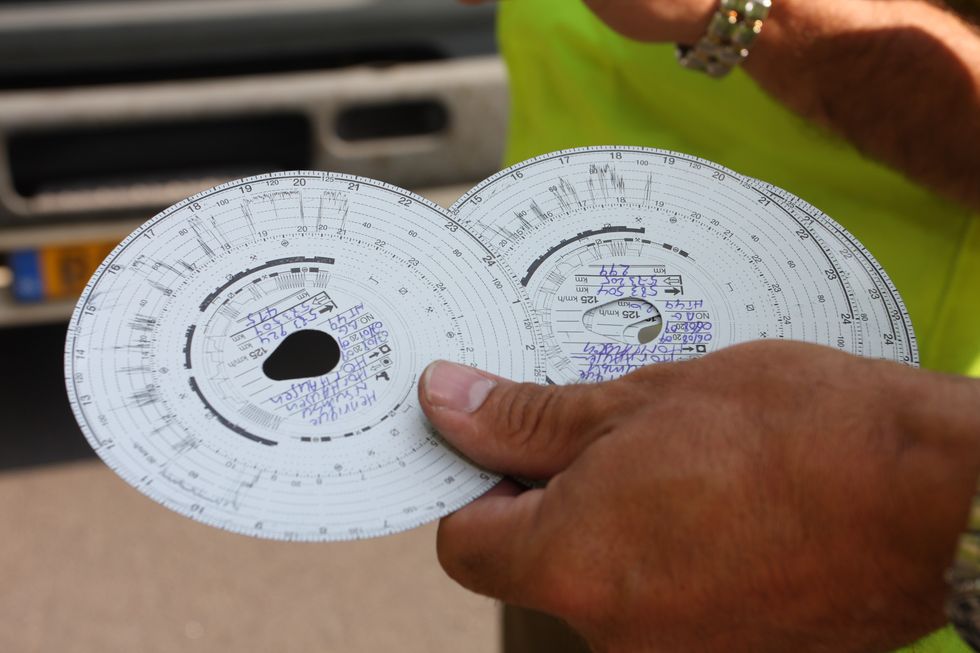
Drivers are required to record their hours on a tachograph
GETTYHGV tachographs
While the rule was formally unveiled on December 31, drivers getting back on the road following the Christmas and New Year break will need to heed the new guidance.
On or after December 31, 2024, a "full" smart tachograph 2 or "transitional" smart tachograph 2 must be retrofitted into in-scope vehicles with an analogue or digital tachograph undertaking international journeys.
If the vehicle is operating only within the UK, then the vehicle can still use the original digital or analogue tachograph that has been fitted.






